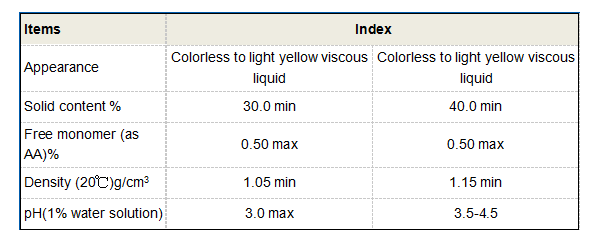Exploring the Applications and Benefits of Isothiazolinone in Various Industries
Understanding Isothiazolinones Uses and Applications
Isothiazolinones are a class of chemical compounds that are widely recognized for their potent biocidal properties. These compounds, especially methylisothiazolinone (MIT) and chloromethylisothiazolinone (CMIT), have become indispensable in various industries due to their effectiveness in preventing microbial growth. Their diverse applications range from personal care products to industrial formulations, making them a crucial component in maintaining product integrity and safety.
1. Personal Care Products
One of the most prominent uses of isothiazolinones is in personal care products such as shampoos, lotions, and creams. Their antimicrobial properties help to prolong the shelf life of these products by inhibiting the growth of bacteria, fungi, and other microbes. For instance, MIT is commonly used in hair care formulations to prevent contamination and spoilage, which can occur due to the moist environment of products used in showering. Additionally, the presence of isothiazolinones in cosmetic products ensures that they remain safe for consumer use over extended periods.
Isothiazolinones are also widely utilized in household products, including cleaning agents, detergents, and disinfectants. Their ability to act as preservatives means they can effectively prevent the decay of these products. For example, many multipurpose cleaners contain isothiazolinones to eliminate bacteria and fungi, ensuring that surfaces remain hygienically clean. Moreover, the incorporation of these chemicals in laundry detergents helps to maintain the freshness of fabrics by preventing the growth of mildew and mold.
3. Industrial Applications
In industrial settings, isothiazolinones serve as essential preservative agents in a variety of formulations. They are often found in paints, coatings, and adhesives, where they prevent microbial spoilage during application and storage. This is particularly crucial in industries where product performance is paramount, such as construction and manufacturing. By incorporating isothiazolinones, manufacturers can enhance the durability and efficacy of their products, thereby reducing waste and improving overall efficiency.
isothiazolinone uses

4. Water Treatment
Another significant application of isothiazolinones is in water treatment processes. These compounds are used to control microbial growth in water systems, which is vital in maintaining water quality in both municipal and industrial contexts. Isothiazolinones effectively mitigate issues related to biofilm formation and microbial corrosion, which can lead to system inefficiencies and potential health risks. Their application in water treatment not only improves safety but also contributes to environmental sustainability.
5. Agriculture and Horticulture
Isothiazolinones have also found a place in agriculture and horticulture. They are employed as preservatives in fertilizers and crop protection products, protecting them from microbial degradation. By ensuring the longevity and effectiveness of these products, isothiazolinones help farmers achieve better yields and maintain healthy crops. This use is particularly significant as the agricultural sector increasingly seeks sustainable solutions to enhance productivity while minimizing environmental impact.
6. Safety and Regulations
Despite their widespread use, isothiazolinones are subject to scrutiny and regulatory oversight due to concerns about potential sensitization and allergic reactions in some individuals. For instance, the increasing prevalence of skin allergies linked to cosmetic products containing MIT and CMIT has prompted manufacturers to seek alternatives or adjust formulation concentrations. Regulatory groups and industry bodies are continually assessing the safety profile of isothiazolinones, working to strike a balance between their efficacy as preservatives and the safety of consumers.
Conclusion
In conclusion, isothiazolinones play a vital role across a wide array of industries, from personal care to water treatment and agriculture. Their powerful antimicrobial properties make them essential for product preservation and safety. However, as awareness of potential health effects grows, ongoing research and regulation will be pivotal in ensuring that these compounds are used safely and effectively. As industries continue to innovate and adapt, the importance of isothiazolinones in maintaining product integrity will likely persist, highlighting a need for responsible usage and regulation in the future.
-
Water Treatment with Flocculant Water TreatmentNewsJun.12,2025
-
Polymaleic AnhydrideNewsJun.12,2025
-
Polyaspartic AcidNewsJun.12,2025
-
Enhance Industrial Processes with IsothiazolinonesNewsJun.12,2025
-
Enhance Industrial Processes with PBTCA SolutionsNewsJun.12,2025
-
Dodecyldimethylbenzylammonium Chloride SolutionsNewsJun.12,2025





